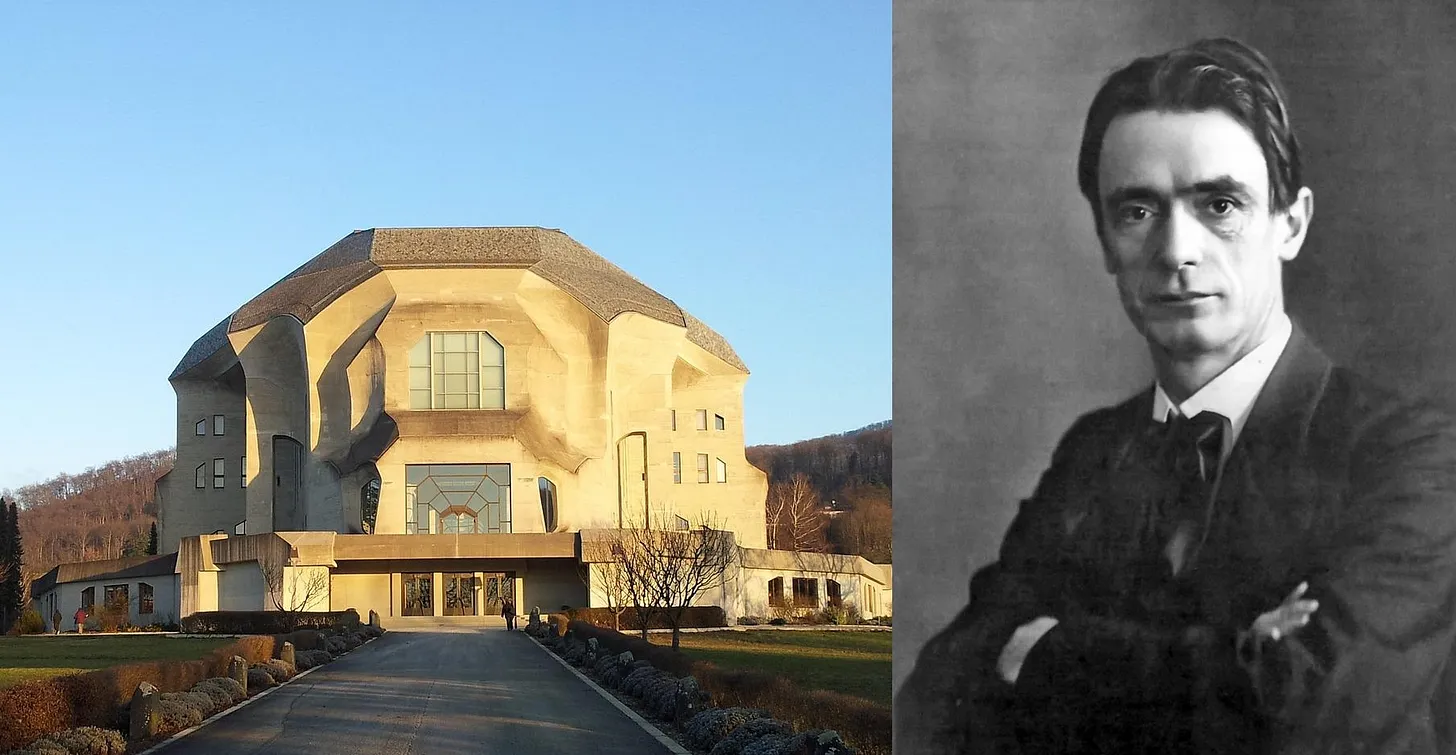Proposals to improve the patent system

Patents are old. They were already in use in the 13th century. The principle itself didn't change much, apart from the international scale of its application. But it now slows down innovation a lot.

It is the Anglo-Saxon culture that has most widely systematized the principle of patenting to the point of establishing a very precise and complex system.
Its application, sometimes very severe for offenders, has integrated the principle of intellectual property into popular culture. Today, many people are quick to think about "protecting" their inventions.
The main reason for this is not necessarily the fact of commercializing it, but also to avoid that another person, or a company, patents the invention first and thus restricts its use in an undesirable way.
Problematic applications of patents
Patents are problematic to a synergetic design for various reasons:
they restrict access to knowledge and therefore limit innovation and autonomy,
they are used to restraint consumers in a certain way, ensuring maximum profits by the captivity of the users,
they can deprive people from things previously accessible to everyone (see biopiracy and the turmeric case).
However, filing a patent can also allow a person who has worked on it for years to secure a minimum income. It is also a way to keep a strategically critical innovation (such as a military technology) from spreading where it is not wanted.
Both approaches can be understood and, in theory, a company that is successful thanks to its patents can also be a major synergetic asset for the society. Of course, this is only a theory and reality rarely confirms it.
A study I found years ago, which I have unfortunately not been able to find again, showed that the majority of technical improvements, including the most modest ones, come from amateur tinkerers. From memory, it was about 60% of the innovations.
Funny thing is, the tendency to improve one's tools and uses is rarely motivated by profit, and more by making life easier.
Moreover, most company innovations come directly from information obtained from their customers, sometimes through direct suggestions, sometimes through statistical studies.
This is why it seems to me that the current patent system is fallacious and non-synergetic. It locks innovation in immovable capsules and concentrates a maximum of power in the hands of a few, sometimes with no other legitimacy than having succeeded in patenting the invention in question (not necessarily to be the original inventor).
The injustices in this field are enormous and the companies never give the users the fair return they deserve.
This is one of the reasons why for several decades there have been forms of patents coming from people that voluntarily decide that their innovation should be made available to the public in a non-binding manner or under a constraint that favors the maintenance of this free access.
This is the case with free software licenses and Creative Commons licenses.
I personally use the CC-BY-SA 4.0 license for my work for Synergetic Design, as I consider that it will be more beneficial this way to everyone (more synergetic) and that if I set in the future some business from it, it will not be thanks to patent restriction anyway.
Some people use these licenses proactively, to protect non-registered traditional knowledge and guarantee the public access to them.
Public domain is another way to say that some creations are publicly and freely accessible. This definition is not accepted everywhere though and the CC0 license from the Creative Commons organization is a better fit.
Even if some measures exist to not make patents last forever, the reality shows that it is highly flawed.
This is particularly perceptible with the insulin patent, dealing with the lives of millions of people, that should have expired recently (different interpretations exist, it probably should have expired in 2014).
But if there is a field where companies are extremely creative, it is to not let their goldmines to the public, even if it means death, poverty, suffering and ecological disaster.
Small changes can be done to extend a patent. Also, many official administrations are directly corrupted by powerful companies (mostly by conflicts of interest): they can slow down or even prevent society from accessing valuable knowledge and innovations and it can take years to really apply the law regarding a patent.
Proposals of solutions
For all of these reasons, I often thought about what could be done to create a healthier patent system. Being radical and saying that everything should immediately go public is irrelevant for the reasons mentioned above (strategical knowledge and return on investment for people that worked hard in research and development).
So, these are my suggestions (critically strategical knowledge not concerned):
To limit the restrictive patents to a maximum of time that is short enough to not create unsynergetic situations, where the way companies profit from people becomes unfair. I suggest 20 years as a maximum, meaning that it can be decided to give a shorter copyright in some cases (by administration or the companies themselves).
To fix an amount of money where a patent has to be made public through a crowdfunding system, that can include national taxes or not. The amount has to be fixed, it should not be optional and has to be decided with the agreement of the administration, with corrections due to inflation if necessary.
To simplify and reinforce the application of patent laws, to be sure that they are respected with short delays (6 months should be a maximum), including the licenses that give free and full access to the creations.
To prohibit patent amendment upon transfer of ownership.
To remove all people with conflicts of interest from official administrations (easy to say but it is always relevant!).
These measures could balance the patent system to ensure that it stays fairly profitable for everyone.



